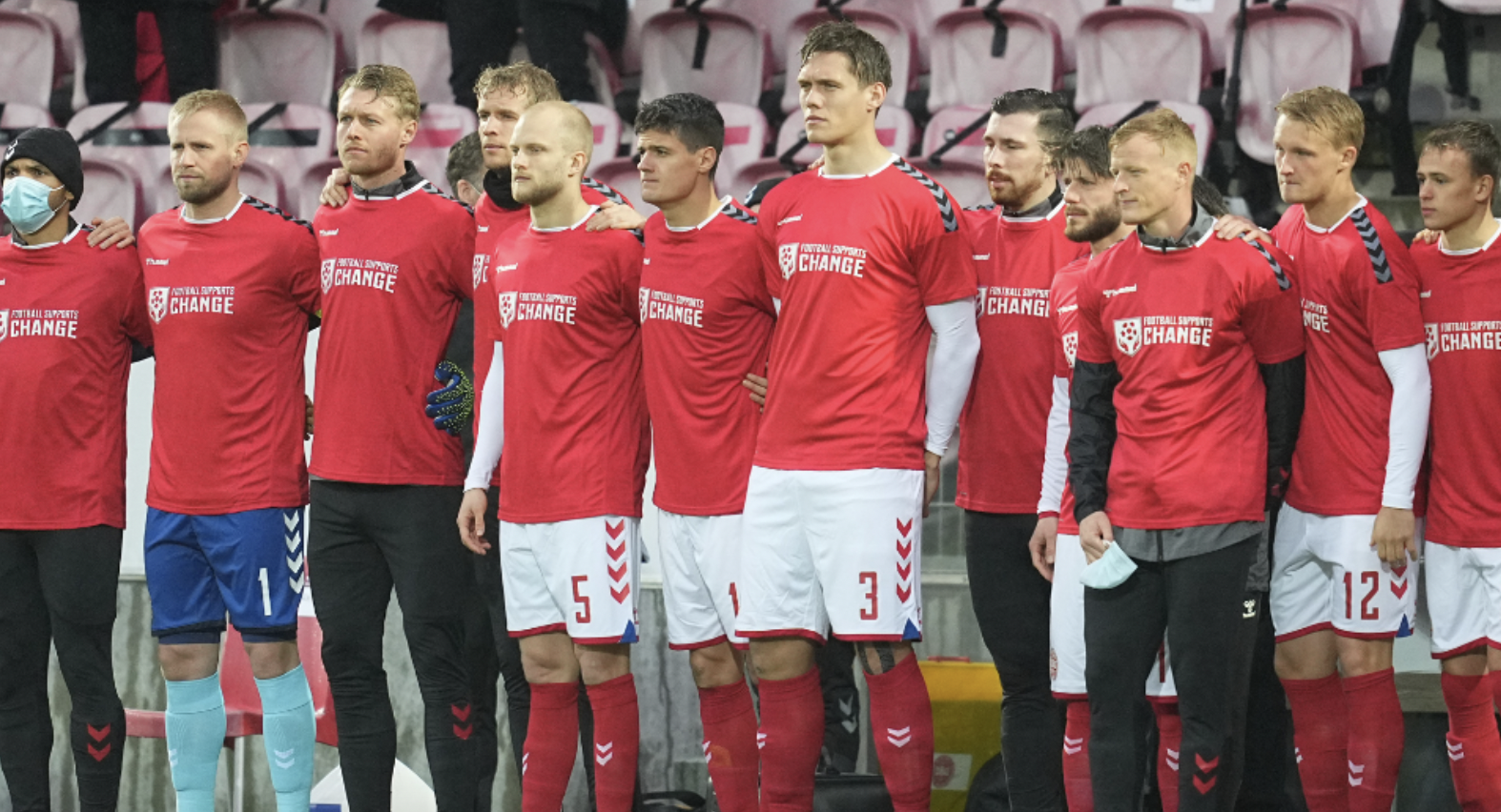November 29 – The Danish FA (DBU) has said that in the future the organisation will direct their criticism toward FIFA and not host countries of the World Cup in a bid to hold the world federation more accountable.
This week the DBU as well as the Norwegian Football Federation (NFF) returned to Qatar, the host nation of the 2022 World Cup that received huge criticism over their treatment of migrant workers who helped build the infrastructure for the global finals even if the Gulf Nations claims that kafala has been abolished.
“The picture in Qatar one year after the WC is very mixed,” argued DBU general secretary Erik Brøgger Rasmussen. “Good things have happened, but there are still shortcomings in relation to, for example, labour rights. Therefore, FIFA must now take responsibility for the upcoming final rounds.”
DBU president Jesper Moller was conspicuously absent in Doha. He does not enjoy a good relationship with NFF president Lise Klaveness who was also in the Qatari capital.
Klaveness rose to global acclaim when she highlighted the plight of migrant workers at last year’s FIFA Congress, much to the dismay of the global governing body and local organisers.
The DBU said that they met with Qatari authorities, the International Labor Organization (ILO) and other stakeholders. Over the years the ILO has championed labour reforms in Qatar. The organisation’s Doha office however received major funding from the state of Qatar.
Later this year, the FIFA Sub-Committee on Human Rights and Social Responsibility, chaired by the Hon Michael Llamas, will deliver a report to address the legacy of the Qatar World Cup and the question of compensation for migrant workers.
Expectations around the sub-committee’s report however are low, reports Norwegian magazine Josimar. Its members, including the chair of the FIFA Governance, Audit and Compliance Committee Mukul Mudgal, lack human rights expertise.
“We are still awaiting FIFA’s report regarding the World Cup in Qatar. We believe that FIFA owes a lot of answers in relation to the legacy of the World Cup, among other things in relation to compensation for migrant workers in Qatar,” said Brøgger Rasmussen.
Earlier this year, FIFA de facto awarded the 2034 World Cup to Saudi Arabia, another Gulf Nation with a lamentable human rights record. It was the second time that FIFA boss Gianni Infantino sidelined the Congress in awarding the hosting rights of the World Cup after the decision to stage the 2030 World Cup in six countries across three continents.
The relevance of the FIFA Congress will only be that it has been left to rubber-stamp the 2034 finals in Saudi Arabia next year. Human Rights Watch said that FIFA broke its own rules by steering the World Cup toward the Arab Kingdom.
“Now we are focusing on the future World Cup finals – both for men and women – where FIFA is responsible for setting the framework so that all World Cup hosts meet the requirements for, among other things, human rights, labour rights, press freedom, etc,” said Brøgger Rasmussen. “It is not our responsibility as an individual football association to ensure that framework, but we will hold FIFA to ensure that the requirements are met.”
Contact the writer of this story at moc.l1722044623labto1722044623ofdlr1722044623owedi1722044623sni@i1722044623tnuk.1722044623ardni1722044623mas1722044623

